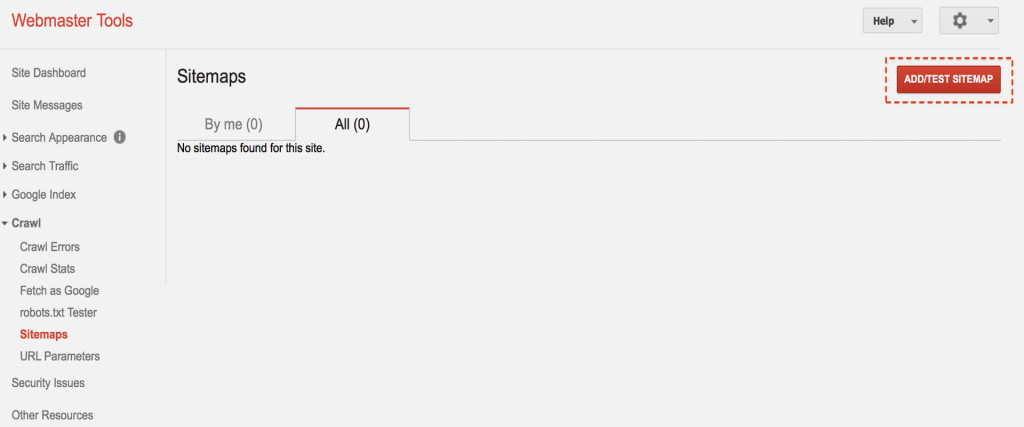Frequently Asked Questions
What Is Grey Hat SEO?
Just as the color grey falls somewhere between black and white, the term grey hat seo indicates practices that fall somewhere between the boundaries of ethical SEO and purely spammy or malicious techniques. To better understand that as we go forward, let’s quickly summarize both ends of the spectrum. White hat SEO essentially means ethically…
Read MoreInterpreting Bounce Rate
What is bounce rate? In web terms, a bounce refers to any time a visitor comes to a site and leaves without clicking anything or engaging further with the site. This might be immediately or after a short time, and it’s a figure marketers have written countless articles about. Bounce rate as a percentage Bounce rate…
Read MoreWhat Do I Do If A Competitor Is Using SEO For My Name?
We’ve all probably been there before or have known someone in business who has. Say you’re a landscaper with a business called Happy Grass Landscaping. Next thing you know, a local competitor keeps using phrases that include the words “happy grass” in their web content, Google ads, etc., trying to divert searches looking for you away. What do you do about this?
Read MoreWill An FAQ Page Help My SEO Efforts?
We’ve seen this question pop up a few times recently. Short answer: maybe, but first and foremost FAQ pages should be created to help visitors. If you go into writing a frequently asked questions page with the intent to build rankings, you’ll probably compromise helpfulness for rankings even if you don’t notice it. The general rule…
Read MoreWhat Is RSS?
RSS stands for Real Simple Syndication, and acts as a sort of transcript for your site. It provides a hierarchical list of all your pages, posts, and other elements for consumption by search engines and applications. Updates to the site like new pages and posts are added to the feed in real time. RSS readers…
Read MoreWhy Do My Older Posts Rank For A Keyword Better Than New Ones?
We’ve been asked this question a lot by consulting clients and on Quora. The jist of the question is essentially this: Suppose you have a given keyword you’re trying to build ranking for. Maybe you wrote some articles a year or more ago on it that have gotten some traffic, and now you’ve created some…
Read MoreHow the Right Web Design Captures Customers
Everything about your website plays into that quick first impression a visitor gets after the page loads. Attention spans may not be quite as short as some would have you believe, but it’s still a factor. You don’t want a web design that immediately creates doubt about whether to continue for the visitor, right? Here…
Read MoreDo Some Domain Suffixes (TLDs) Rank Better Than Others?
With all the choices available for top level domains (TLDs), this is a pretty common question for those looking to build a new site. Does a .com website inherently rank better than a .net, .biz, or other suffix? The short answer is no, and I say this both because Google has confirmed it and from my…
Read MoreWhat’s the Difference Between Categories and Tags in WordPress?
Both tags and categories are built-in features of WordPress (and most blogging platforms) to help organize your content. While both are generally working toward the same aim, the way each of them works and how you’d want to apply them are a bit different. We’ll start broad with categories. Categories cover broad sections of your…
Read MoreWhy Using a Sitemap Helps Your Indexing
Google is constantly sending its crawler bots, little web programs designed to read website information and report back to Google’s indexing service, to sites across the web to update its massive index. These bots will periodically revisit sites to scan for changes or new information, and if they see changes they’ll add the new information…
Read More







